Portugal chooses "The Metamorphosis of Birds" for Oscar
 Saturday, October 30, 2021 at 3:45PM
Saturday, October 30, 2021 at 3:45PM 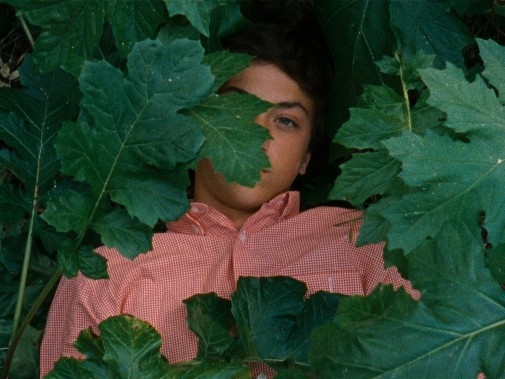
When reading the list of films shortlisted for the Portuguese Oscar submission, I confess I was a tad disheartened. Only two had even been released when the finalists were announced, and one of them was a project that reeks of exploitation, which I wasn't enthusiastic about promoting. But happy news: the voting body responsible for the Oscar submission fell for it Catarina Vasconcelos' The Metamorphosis of Birds. So did I; I loved it enough to vote for it as one of the best unreleased films in last year's Team Experience Awards.
If you didn't know already, Portugal has been submitting for the Academy's consideration since 1980...
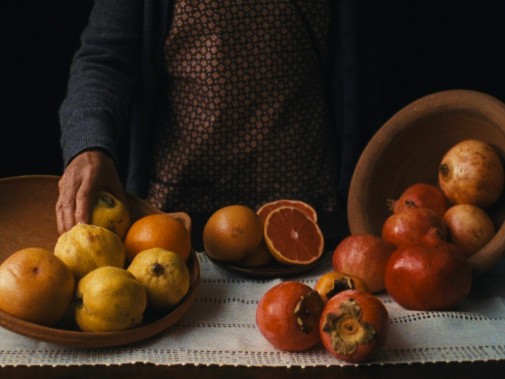
38 Portugueuse productions have been in the Best International Feature race, yet none has been nominated so far. Indeed, we've never even made it so far as the shortlist. That makes my country the one with the most submissions in AMPAS' history with no nominations to show for it. Maybe I'm giving in to hopelessness too much, but it feels safe to say that The Metamorphosis of Birds won't be the one to change that fate, no matter how splendid it is. After all, when was the last time the Academy nominated an autobiographical documentary that verges on experimentalism, mainly constructed out of painterly tableaux?
I hope I'm wrong because this is, truly, a remarkable film.
Comparing Vasconcelos' vision to other cinema is a tricky endeavor. Paradjanov's The Color of Pomegranates feels like an apt companion, though there's little trace of ancient literature in the modern film's construction. Instead of looking at the lyrical realities of historical figures, it's more intimate and focused on people whose stories we'd never know if not for this audiovisual artifact. There's a hint of Godfrey Reggio in the logic of montage and quite a lot of Malick in the aural dimension, rich with classical music and voice-over monologues that feel like secrets whispered into the audience's ear. Not that there's space for much sprawling scenery in the visual language of the film and Paulo Menezes' miraculous 16mm cinematography. Instead, the camera is obsessed with details, often getting so close to the point where a commonplace object turns into a mysterious landscape.
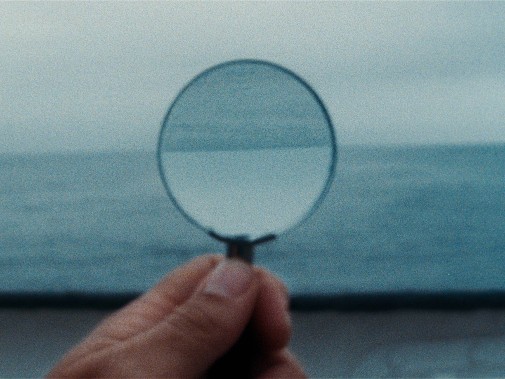
Even when we gaze at the ocean, our perspective must be philtered through the miniature, a lens, perchance a monocle, that inverts the image and makes the elemental sight into an alien fantasy. The quality of such frames brings about an ever-present tension throughout all of The Metamorphosis of Birds. It's a fractious push and pull between the poetic abstraction and the painfully specific. These paintings of light may seem like unintelligible symbols of deep philosophical portent, but the words contextualize them in much smaller terms. The scale of the film is always defined by the person in general, their memory in particular. It's about a family reflecting on its loss, the emptiness left by matriarchs in the lives of their children when they depart, when they die.
Between writerly narration and interview footage, the film works itself into an invocation of spirits lost. By exploring her father's grief, Vasconcelos pays homage to a grandmother she barely knew while reflecting on her own mother. Not only that, her work gradually broadens to encompass how family can reflect country, how historical movements can define entire nations as motherless children in pursuit of life after loss. And yet, it's not without humor, especially as the director's father questions the potential pretentiousness of his daughter's work. The gentle ribbing also functions as an opening of the artist to the viewer, a show of vulnerability that begs for sympathy and tries to ward off rejection. In Vasconcelos' cinema, the formalistic spectacle of poetic cinema isn't a smokescreen but an artifice that speaks the truth.
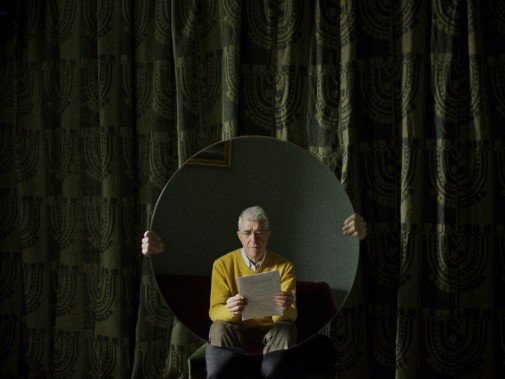
Two simple metaphors serve as Rosetta Stones for watching and deciphering the movie. One of them posits a tree where birds grow. One day, the tree falls, dies, and her winged wards are left unmoored, flying about without a place to rest, cursed to be in constant restless motion. The second idea regards water as memory, a source of needed sustenance that's fluid and mysterious. It can bring forth life, it's essential for vitality, but it can also overwhelm and drown. We're pulled by the watery currents in the sea of our remembrance, and sometimes, if we're not careful, they can be too much to bear, too immense to withstand. The key of Vasconcelos' craft is how she shows both realities with loving detail, the warmth and the cold, life and death, something frightful but enchanting at the same time.
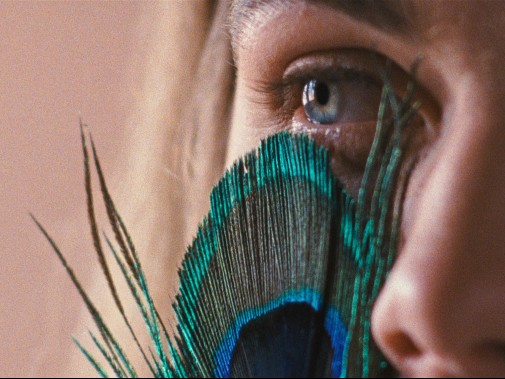
By the end, The Metamorphosis of Birds makes the spectator feel as if they've been part of a ritual, some great sharing, mayhap an exorcism. Burnt letters offer a semblance of catharsis for the family - the court of siblings congregated around their parents' correspondence and showing the moment to us, the director's confidants. Suppose that, for the audience, there's no such closure. In such a case, it's because the film feels so personal to its makers, enclosed within a private universe we can only tangentially know and participate in briefly. While that could result in an insular experience, the particular brings forth the universal, and it's as if we're invited to complete the film with our own baggage of grief, loss, maternal relationships, notions of family, how the ghosts we carry along can define who we are.
I get this kind of cinema isn't everyone's cup of tea, but The Metamorphosis of Birds moved me deeply while still offering challenges as an artistic object. That combination is rare and should be treasured. I know I'll cherish my memory of this film for years to come and can only hope other cinephiles all over the world can do the same.
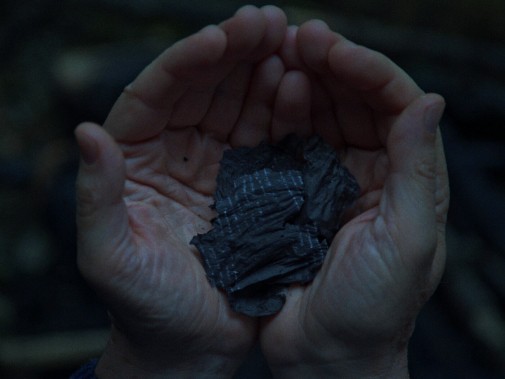
more articles on this category
the submission charts
Oscar predictions
Letterboxd list



Reader Comments (7)
I like Pedro Costa's Horse Money. It was a disappointment when Portugal opted for another film for submission for the Oscar.
Finbar McBride -- I believe HORSE MONEY would have been eligible in 2015. Instead, Portugal sent Miguel Gomes' ARABIAN NIGHTS, so I can't be mad about it even though I love the work of Pedro Costa. Gomes' trilogy is, to me, the greatest cinematic work of the 2010s, so I'm a bit biased.
It took Portugal a long time to conquer the Eurovision Song Contest, and I am quite confident you will sooner or later make it in the International Film race, as well.
(I must admit I kind of hope it's not going to be for a Pedro Costa film, though, as I am fairly lukewarm on his films.)
I haven't seen many of the films from Portugal nominated for the Oscar. But I can say one thing with certainty. Portuguese directors have been among the few directors in the world for some time now who are discovering a new language of film. "Tabu" "Arabian Nights" "O Ornitólogo" and of course all the films of Manoel de Oliveira are among the most impressive I have ever seen. Many thanks to Portuguese cinema for having the courage to think cinema differently.
LOOOOVED The Metamorphosis of Birds! Seems unlikely that Oscar voters will even pay attention to it, which is a real pity. Regarding connections with other films, it reminded me a lot of Lars von Trier's Nymphomaniac, specially during the mountain sequences towards the end, as well as the dialogue structure. In any case, I hope this selection by Portugal helps more people watching it, as it is a complete marvel.
Funny that my two favorite films relesed during the Fall (at least here in Spain) have been two documentaries being reality and fiction: The Metamorphosis of Birds! and Jonás Trueba's (son of Fernando Trueba, director of Belle Époque and Chico and Rita) Who's Stopping Us (Quién lo impide), a 3h40min epic following a group of Madrid teenagers over 5 years.
LOOOOVED The Metamorphosis of Birds! Seems unlikely that Oscar voters will even pay attention to it, which is a real pity. Regarding connections with other films, it reminded me a lot of Lars von Trier's Nymphomaniac, specially during the mountain sequences towards the end, as well as the dialogue structure. In any case, I hope this selection by Portugal helps more people watching it, as it is a complete marvel.
Funny that my two favorite films relesed during the Fall (at least here in Spain) have been two documentaries being reality and fiction: The Metamorphosis of Birds! and Jonás Trueba's (son of Fernando Trueba, director of Belle Époque and Chico and Rita) Who's Stopping Us (Quién lo impide), a 3h40min epic following a group of Madrid teenagers over 5 years.
MrW -- The night we won Eurovision, I couldn't believe what was happening. I never thought we'd win :) I hope the same happens with Oscar.
Thomas -- Thank you for sharing your love for Portuguese cinema here. I, too, adore the movies you mentioned.
Ignacio -- I'll be sure to look out for Who's Stopping Us. Thank you so much for the recommendation.